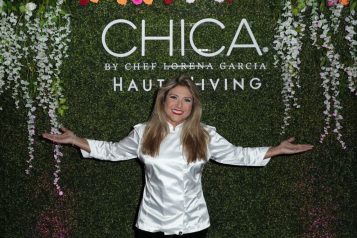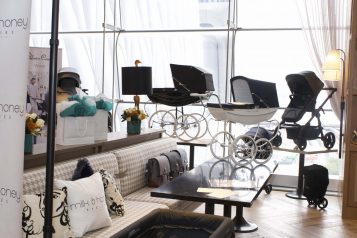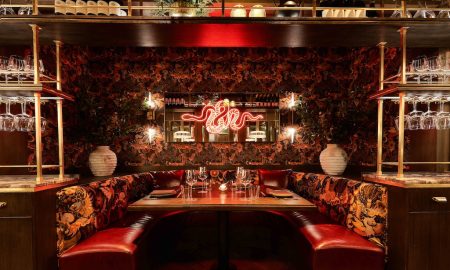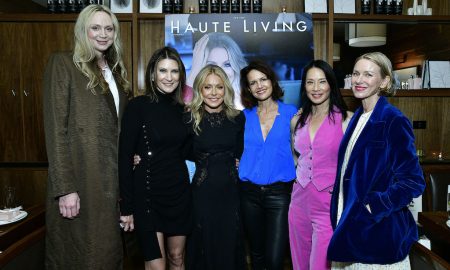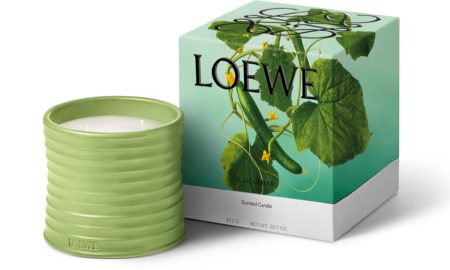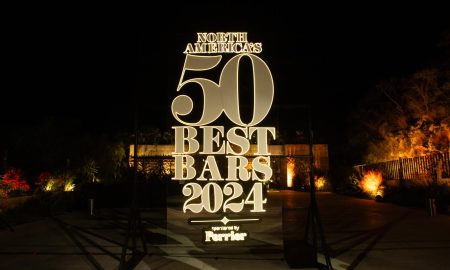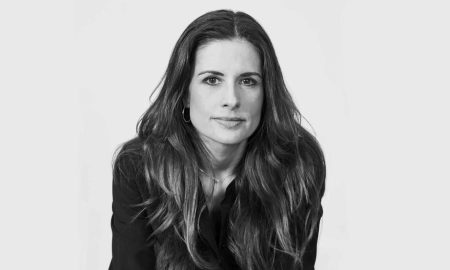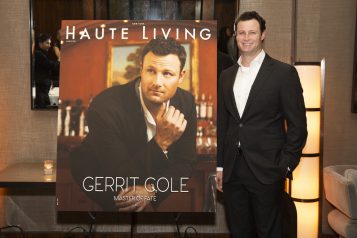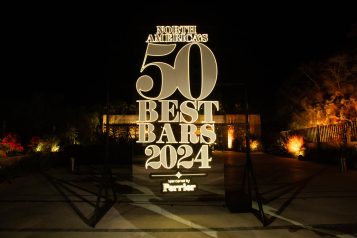If you think rosé is just for women and summer, think again. Everyone drinks rosé, it’s a fact. Donae Burston is emphasizing that fact with La Fête du Rosé, a premium rosé wine geared towards everyone and anyone who enjoys a refreshing, light to medium-bodied rosé. The company was conceptualized by Burston after countless years in the industry working for the likes of Dom Pérignon and Moët & Chandon and is the first entirely black-owned rosé out of St. Tropez, France. After noticing a stigma aimed at rosé, Burston decided to change the white-girl, summer drink to take a multicultural approach, from African-Americans to Hispanic Americans and everyone in between. Not only is he changing the demographic of rosé, but also the time of year it’s enjoyed. We all love a glass or two of rosé on a summer evening, but why not in the fall or the dead of winter with a hearty meal? It’s time to start drinking rosé all year round, but don’t take our word for it—Burston is the one who is changing the way we think about the salmon-colored libation, one fête at a time. We caught up with him to discuss rosé, the void in the wine industry and how he’s changing it.
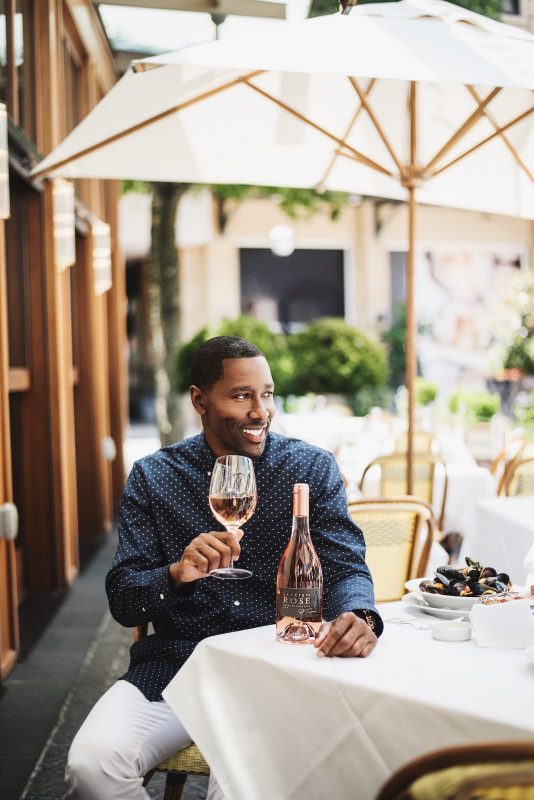
HL: How long have you been a rosé fan?
DB: I was never really a big wine fan. My first trip to St-Tropez was on my thirtieth birthday. It was also the first time I tried rosé. I was at Nikki Beach and everyone was drinking, what I thought was white zinfandel, but it was rosé so I thought I would try it. I fell in love with it, and what better place than St-Tropez to fall in love with a great rosé. That memory will always hold a special place in my heart.
HL: Why did you start La Fête du Rosé?
DB: Everyone loves a good party. You celebrate with friends in a restaurant or at a nightclub, and for me, I wanted to make a rosé that is more inclusive and that’s why our tagline is “it’s a party and everyone’s invited.” The name also translates to the Rosé party. You can see a theme here. When you think about the best times in life when everyone comes together to celebrate or to just enjoy each other’s company, there’s an atmosphere you can almost picture. I wanted to pick a name that would translate this feeling.
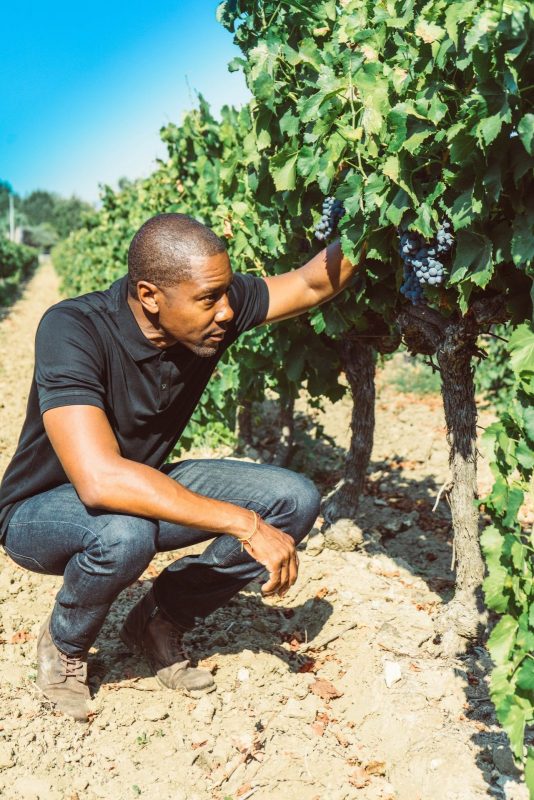
HL: What is the message you want to convey with La Fête du Rosé?
DB: When you look at traditional rosé wine brands, a majority of them are catered to a certain consumer. I wanted to create a brand that appeals to people from all different walks of life, so when you look at who we are and what we do you can see an all-inclusive message. We don’t exclude anyone and eventually, we will host events from themed parties to Caribbean festivals in Miami to reach all different demographics.
HL: How are you giving back?
DB: I was fortunate enough to travel the world, post-graduate life, whether it was with friends who were DJs or my job, I was introduced to education beyond the classroom. Now, I’m giving back to underserved and underprivileged youth by helping them travel and giving them access to the similar experiences I was lucky enough to have. We will help fund passports so they can travel during spring break with their college or attend high school trips. We’ve also helped send foster kids on an exchange trip over summer. My main focus is to give back to programs that help underprivileged kids travel and encourage them to be global citizens.
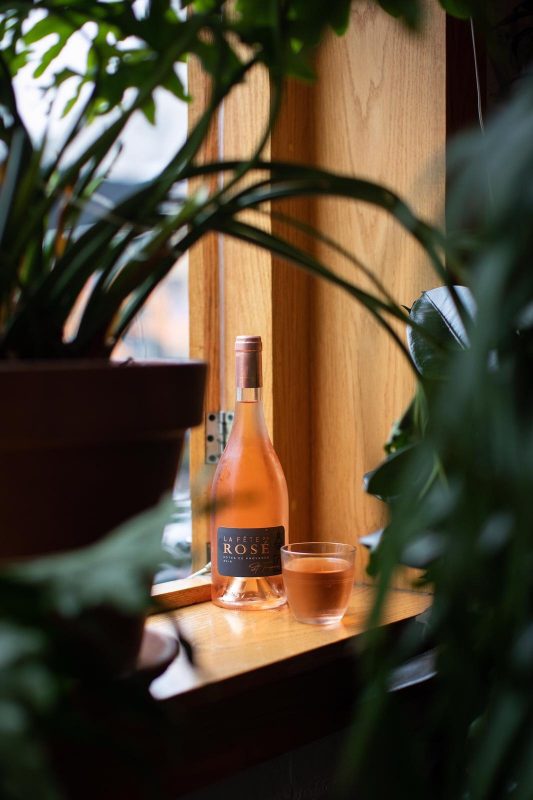
HL: Why do you think Rosé is an all-year-round drink?
DB: For some reason, there is a stigma on rosé that it is only a summer drink and yet we drink chardonnay and Sauvignon Blanc all year round. If you go to Europe, you’ll see people drinking rosé in winter and I’m trying to bring that culture to the United States. Rosé is a wine just like any other, it is just a different varietal, but that doesn’t mean you can’t enjoy it all year long. It pairs well with dinner, it’s a great social drink and it’s over a well-received drink.
HL: I read the winery you use is committed to sustainable agriculture. How are they sustainable and why is it important to you?
DB: It’s important for myself and the brand to do our part in taking care of the environment, especially today with climate change and other environmental issues. The winery we use has eliminated the use of pesticides and adopts a more natural way to weed out pests. Not to mention, come January 2020, they will receive organic certification. We’re committed to preserving the land and the environment in which the grapes are grown, but also for me, being a conscious citizen, I wanted to ensure I was partnering with a winery that believes in the same things I do.
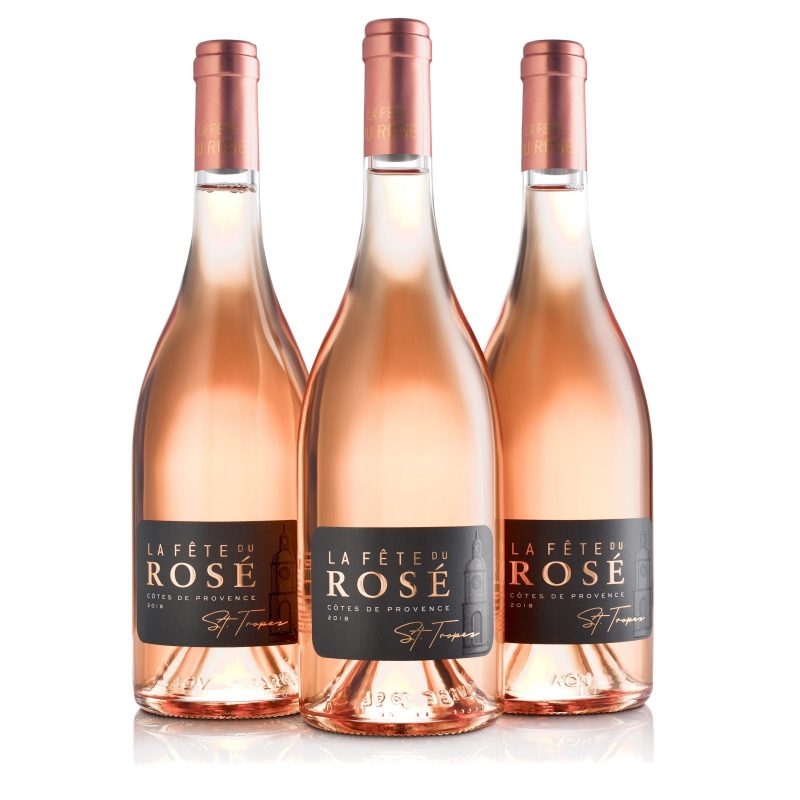
HL: What sets you apart from other rosé brands?
DB: It’s almost like it’s the perfect mix. The rosé is light-bodied and full of flavor that is due in part to using 80-percent Grenache, rather than 90-percent, which is what other brands would typically use. We add in 14-percent Mourvèdre and 6-percent Syrah to give it the fruit finish and longer taste on the palate. The alcohol percentage is also lower than most other rosés, at only 12.5-percent.







